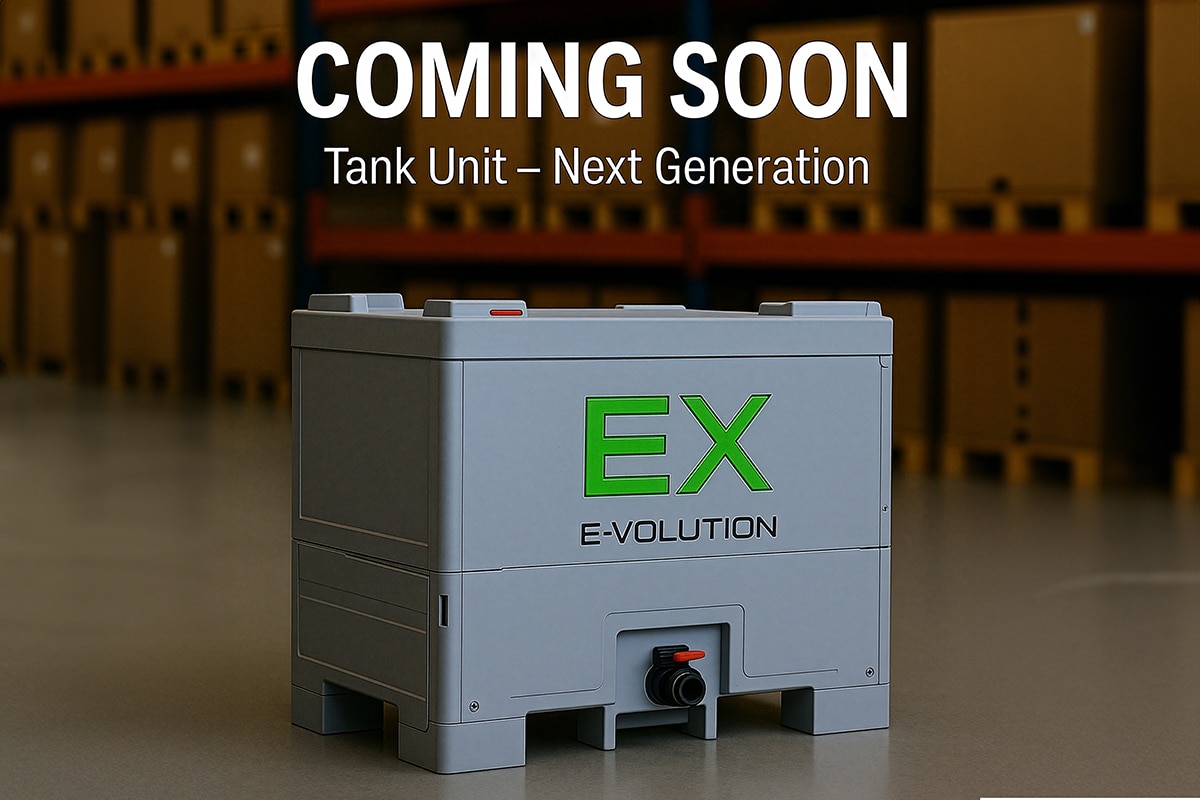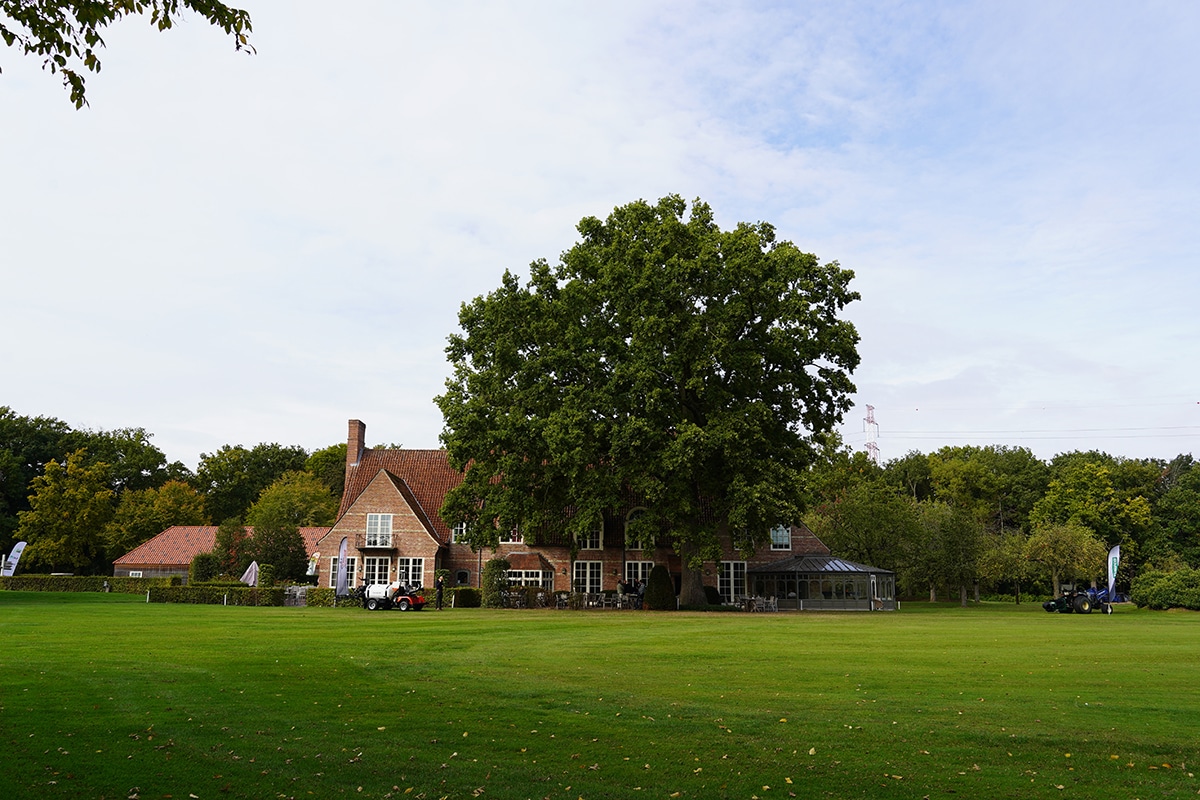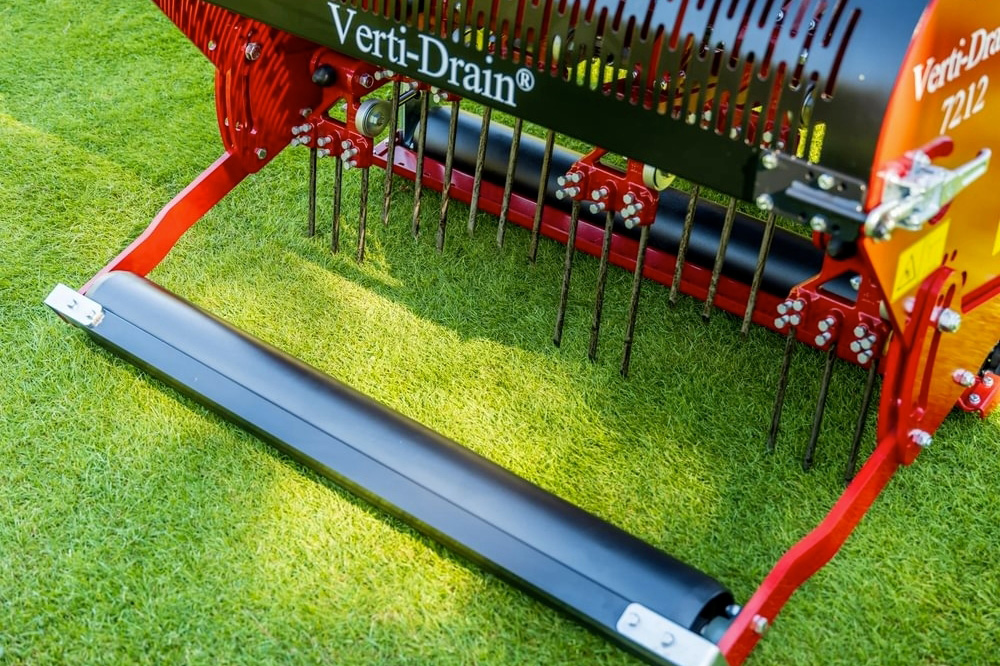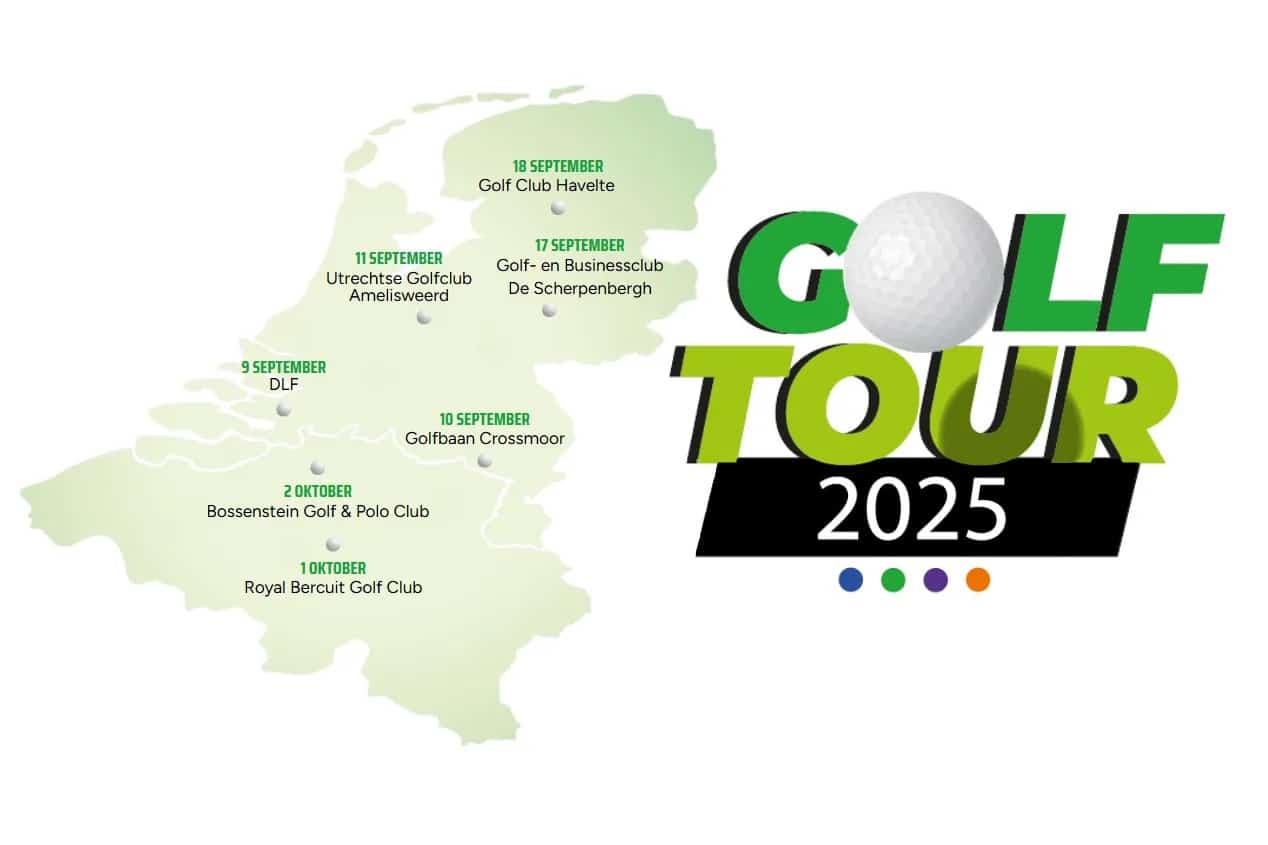
Infiltration as a weapon against drought
Not spraying unnecessarily, recovering rainwater, reusing process water...: these are just a few ways in which water can be saved. The East Flanders family business Trudiplas takes a different approach and, together with landscapers, creates above all simple and reliable possibilities for infiltration.

Flanders' drought problem is not simply a matter of water shortage. Although the summers are getting drier and hotter, in winter rain still falls in buckets from the sky. The main problem is the rapid drainage of this water through roofs, streets, pavement, sewers and drainage systems. The water has no chance to penetrate the ground, which means that groundwater reserves are not replenished and the increasingly dry periods cannot be bridged.
An undeniable problem on a large scale, but also the death knell for soils, plantings and biodiversity at the local level. Although, in the other direction, seemingly small-scale measures at the local level also make an important contribution to a large-scale solution. In every (gardening) project, it therefore pays to provide sufficient infiltration possibilities, even when this is not necessarily mandatory given the nature of the works. Trudiplas commits to two main avenues and product groups for this purpose.

Permeable pavements
That cities and towns today express a preference for permeable pavements is not news. The use of modified grass or gravel dales ensures that the surface is not only permeable to water, but also robust and durable. Doubly durable even, if you look at the latest addition to Trudiplas' range.
Indeed, in addition to the extensive range of classic gravel slabs, available in different heights and made of 100% recycled polypropylene and a high-quality geotextile, with the Trudidal Heavy, the company also offers an innovative grass/gravel valley for heavy traffic, based on 50% recycled polyethylene and 50% waste plastics. Plastics that would normally end up in the trash are thus given a new and high-quality life while contributing to better water management. Even without filler material, the Trudidal Heavy also withstands pressure loads of over 200 tons/m2, making it a viable alternative to concrete versions with only a fraction of the weight.

Modular infiltration crates
Water that traditionally enters the stormwater drain via roofs or impermeable surfaces can also infiltrate locally and in a controlled manner into the ground through a simple intervention. For new construction projects, this has been an obligation since 2013, although infiltration facilities can also be installed afterwards.
Trudiplas developed the Raincycle for this type of facility: a 190-liter modular infiltration crate that can be connected either to the overflow of the cistern or to the stormwater drain, albeit with the intervention of a sand filter. The capacity was deliberately tailored to private projects, although in larger projects several crates can be connected together.
In order to make transport and installation as easy as possible, Trudiplas deliberately chose a modular concept when developing the Raincycle. Each infiltration crate thus consists of seven individual panels, already fitted with a 100% water-permeable geotextile, which are clicked together to form a box in no time. Since the crates are not pre-assembled, they can be compactly packed and transported, again reducing the ecological footprint.
On the website www.raincycle.eco the operation of the system is presented in detail.




